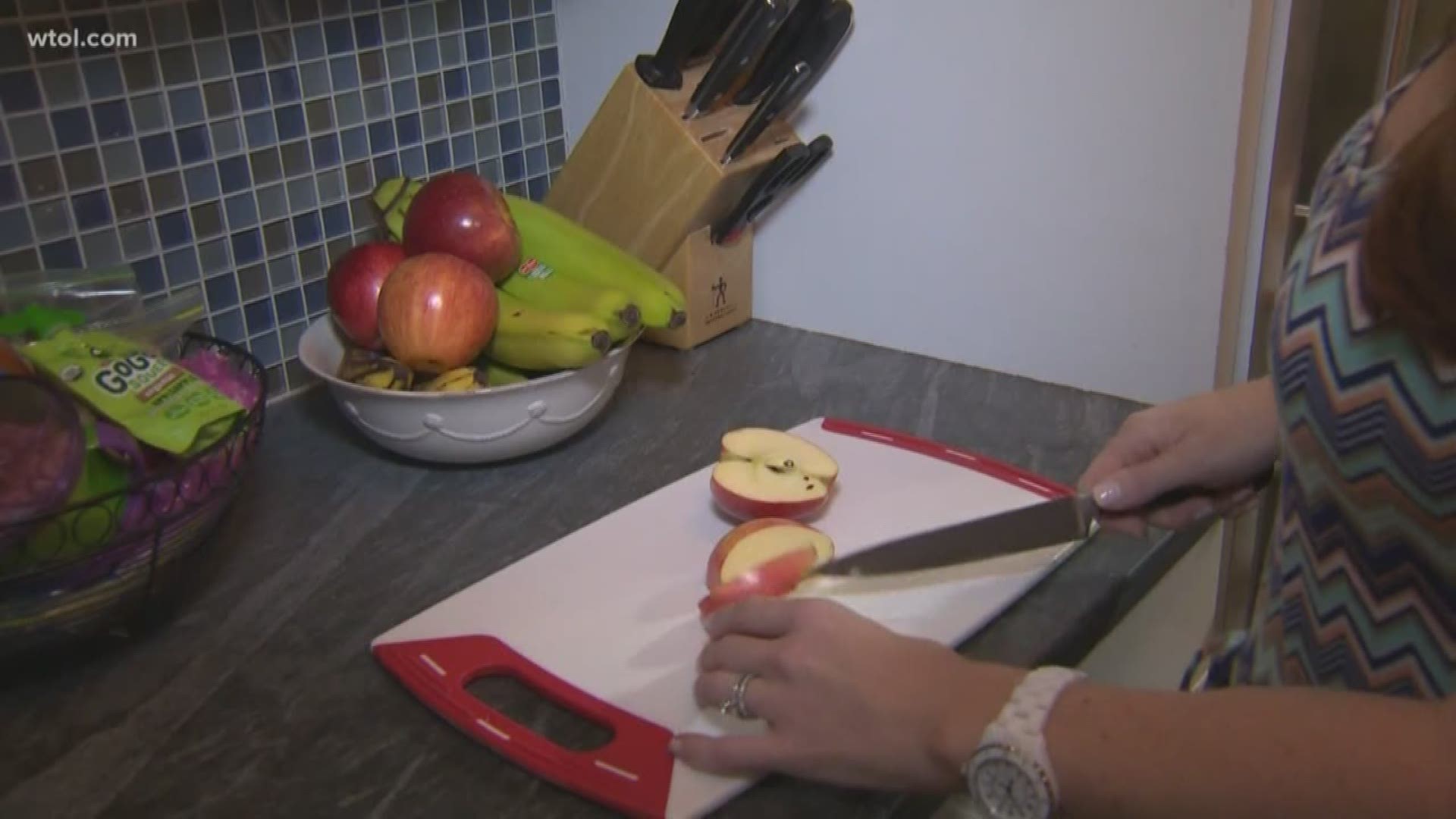TOLEDO, Ohio — While heart disease can be genetic, there are some things you can do to prevent a heart attack; like exercising and quitting smoking.
During heart month, dietitians discuss how you can change the way you eat and ultimately reduce your risk.
A big risk factor for heart disease is high blood pressure. And if you have it, your doctor has likely recommended a low-sodium diet.
Registered dietitian with ProMedica, Liz Satterthwaite, said that sodium can sneak into your diet.
"So, even things that we might think are healthy, like cottage cheese or soup, protein shakes and just some different beverages that we're drinking," she said.
Those beverages include diet soda.
Satterthwaite said that folks on a low-sodium diet should stick to between 1,500 and 2,000 milligrams of sodium a day. She said that processed foods contain a lot of sodium, which is why they taste so good.
"If you're watching your sodium intake, you're probably eating less processed foods, eating more whole foods and by default managing your weight, possibly losing weight, preventing diabetes and high blood pressure," Satterthwaite said.
If you're just getting started, Satterthwaite suggests to journal what you're eating.
"Write their food down, or use something like 'MyFitnessPal' that would track their sodium so they can see where it's sneaking in in each meal throughout the day or weekend and trying to modify that," Satterthwaite said.
If you like salty foods, portion them out instead of eating from the bag. Satterthwaite said not to worry, your taste buds will adjust.

